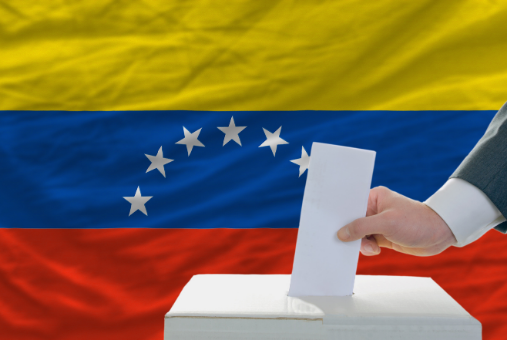
The alliance, called Venezuela Verifica, brings together fact-checkers from seven organizations, under the coordination of the Venezuelan Press and Society Institute (IPYS Venezuela)

New association of journalists wants to bring together product professionals working in newsrooms around the world to exchange experiences, establish partnerships and accelerate the adoption of the product mentality among journalists.

Seventy-two journalists from 13 countries in Latin America participated in the global journalistic investigation known as the FinCEN Files, the latest transnational collaboration coordinated by ICIJ and BuzzFeed News.
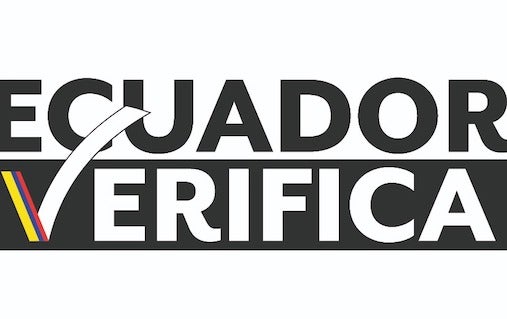
The initiative, according to the organizers, is unprecedented in Ecuador and is inspired by similar initiatives in Latin America, such as Verificado in Mexico and Projeto Comprova in Brazil.
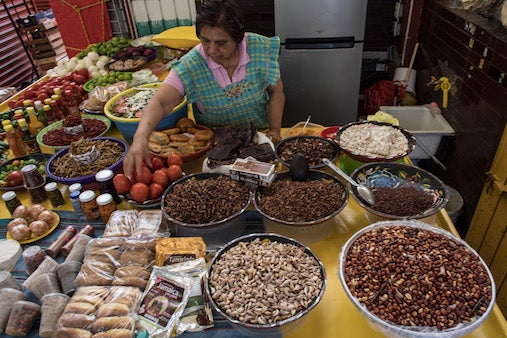
Bocado, which launched at the end of June, is a regional network of journalists with the objective of making investigative and in-depth articles about food in Latin America in Portuguese and Spanish.

Salud con Lupa is the first platform in Latin America dedicated to collaborative journalism covering topics related to public health.
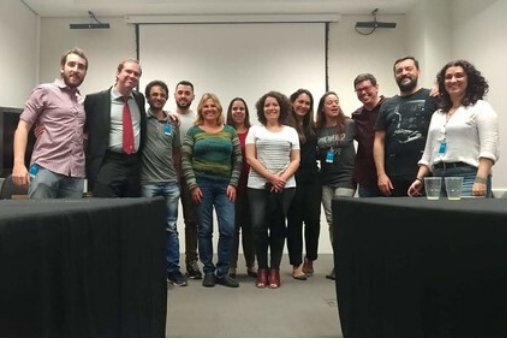
Rumors about alleged connections between vaccines and autism, miraculous cures for chronic diseases, and the questioning of global warming brought about by human action, spread easily through social networks. Faced with these and other challenges, communicators who are dedicated to science journalism in Latin America seek to strengthen themselves through networks and associations.

Journalists in Spanish- and Portuguese-speaking countries can now access a database of collaborative journalism in their local languages.
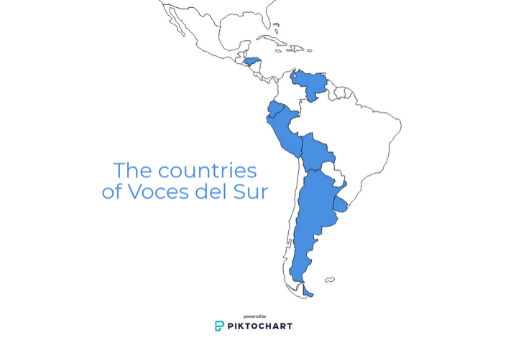
United not only by cultural and geographical similarities, but also by the type of problems that their countries face politically, economically and socially, seven journalistic organizations have formed the Voces del Sur alliance to systematize the monitoring freedom of expression in their countries.
For the Comprova (Prove) project, journalists from 24 media outlets will partner to cross-check content heavily circulated in Brazilian social networks that is related to elections.
Verificado 2018, a collaborative journalism project from news site Animal Político and AJ + Español that has dozens of media and civil society organizations as allies, served as a catalyst for truthful information throughout political campaigning season and on election day in Mexico.
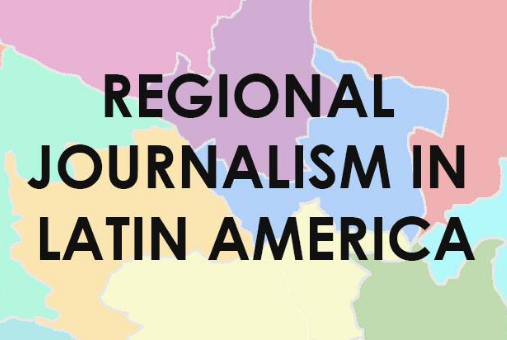
With the digital technological revolution of recent years and the crisis of the conventional business model of the newspaper industry –which until the beginning of this century was largely based on advertising revenues– many of the major newspapers have prioritized national and international coverage, leaving little left over for the regions.